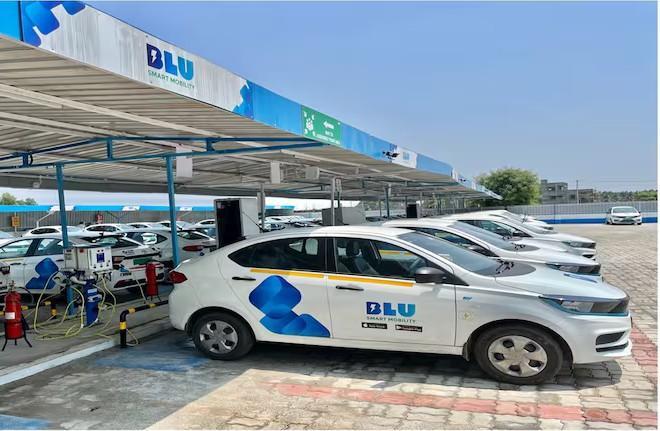
How D2C Brands Make More Money
In today’s competitive market, Direct-to-Consumer (D2C) brands are revolutionizing the way companies sell products and services. By cutting out traditional retail partners, D2C startups can keep a bigger share of every sale. This financial advantage is crucial for startups, as it allows them to invest in better marketing, product upgrades, and standout customer experiences, fuelling faster growth and deeper market impact.
In this blog post, we’ll explore how D2C brands make more money and the benefits that come with operating a direct-to-consumer business model.
Cutting Out the Middleman
Traditional retail models involve a complex network of distributors, wholesalers, and retailers. Each of these intermediaries takes a cut of the profit, leaving the manufacturer or producer with a smaller share of the revenue. In contrast, D2C brands sell directly to consumers, eliminating the need for these intermediaries.
By cutting out the middleman, D2C brands can keep a larger share of the revenue. This increased margin gives them the flexibility to invest in areas that drive growth, such as marketing, product development, and customer experience.
Higher Margins
D2C brands typically enjoy higher margins than traditional retailers. Without the need to pay commissions to intermediaries, D2C brands can maintain higher profit margins on each sale. This increased profitability allows them to reinvest in the business, driving growth and expansion.
For example, a D2C skincare brand might sell a product for $50, with a 30% margin. After paying for production costs, marketing, and other expenses, the brand might retain $15 per sale. In contrast, a traditional retailer might sell the same product for $75, with a 10% margin. After paying commissions to the retailer, the brand might retain only $5 per sale.
Investing in Growth
With higher margins, D2C brands can invest in areas that drive growth. This might include:
- Marketing and advertising: D2C brands can invest in targeted marketing campaigns, social media advertising, and influencer partnerships to reach new customers.
- Product development: With increased revenue, D2C brands can invest in research and development, creating new products and improving existing ones.
- Customer experience: D2C brands can focus on providing exceptional customer service, building loyalty, and encouraging repeat business.
Standout Customer Experiences
D2C brands are known for their focus on customer experience. By cutting out intermediaries, D2C brands can build direct relationships with customers, gathering feedback and data to improve their products and services.
This focus on customer experience is critical for D2C brands, as it drives loyalty and retention. Happy customers become brand ambassadors, spreading the word about their positive experiences with friends and family.
Data-Driven Decision Making
D2C brands have direct access to customer data, allowing them to make data-driven decisions. By analyzing customer behavior, preferences, and purchasing habits, D2C brands can refine their marketing strategies, optimize product development, and improve customer service.
Faster Growth and Deeper Market Impact
By cutting out intermediaries, D2C brands can grow faster and deeper into the market. With higher margins and increased revenue, D2C brands can:
- Expand product lines: D2C brands can invest in new product development, expanding their offerings and increasing revenue.
- Enter new markets: With increased resources, D2C brands can enter new markets, expanding their reach and customer base.
- Disrupt traditional industries: D2C brands can challenge traditional industries, offering innovative products and services that disrupt the status quo.
Conclusion
D2C brands make more money by cutting out traditional retail partners, keeping a bigger share of every sale. Higher margins give them room to invest in better marketing, product upgrades, and standout customer experiences, fuelling faster growth and deeper market impact. By operating a direct-to-consumer business model, D2C brands can build loyal customer bases, drive growth, and shape the future of their industries.
Sources:






